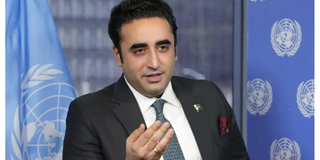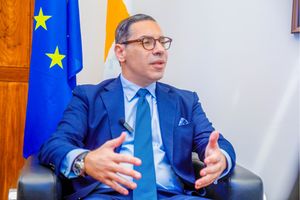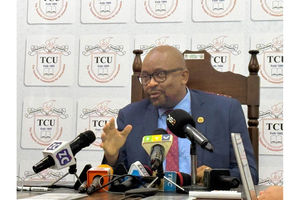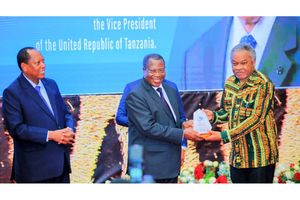Bilawal Bhutto makes big admission about Pakistan’s past, signals policy shift

Former Pakistani Foreign Minister Bilawal Bhutto
Islamabad. Former Pakistani Foreign Minister Bilawal Bhutto Zardari has publicly acknowledged that Pakistan provided support to terrorist groups and the Taliban in previous decades, in what he described as a “dark chapter” in the country’s history.
Speaking in an interview with Sky News journalist Yalda Hakim, Bhutto Zardari addressed long-standing international allegations about Pakistan’s links to extremist networks.
When asked about Pakistan’s intelligence leadership being present in Kabul during the Taliban’s return to power in 2021, he admitted that such involvement “did happen” and was part of a broader, now-abandoned foreign policy approach.
“This is something we’ve had to reckon with,” Zardari said, noting that the strategy was tied to the geopolitical realities of the Cold War and the post-9/11 landscape, including Pakistan’s coordination with NATO forces in Afghanistan.
He emphasised that Pakistan has since turned a corner, distancing itself from non-state militant actors. “It is no longer our policy to support terrorist groups,” he said, adding that both the government and Pakistan’s intelligence services are now focused on combating extremism rather than facilitating it.
Zardari’s remarks echo earlier statements by Pakistan’s current Defence Minister, Khawaja Asif, who also admitted that Pakistan supported militant groups over the course of three decades — largely to serve Western strategic interests during conflicts such as the Soviet-Afghan war and the US-led operations in Afghanistan.
Both leaders acknowledged that Pakistan’s historic ties with extremist groups not only damaged the country’s global reputation but also brought devastating consequences within its own borders. The former foreign minister pointed out that Pakistan has itself suffered from terrorism, losing tens of thousands of lives in attacks by the same groups it once backed.
His comments represent a rare moment of candour from a senior Pakistani figure, breaking with a long-standing pattern of official denials. Analysts say the admission may be aimed at rebuilding trust with the international community, particularly at a time when Islamabad is seeking deeper economic cooperation and security partnerships.
The statement also comes as Pakistan continues to grapple with economic instability, political volatility, and growing pressure to root out extremist elements from within its borders. International partners have increasingly linked economic aid and diplomatic engagement with clear signs of progress in counterterrorism and transparency.
Observers see Zardari’s remarks as a potential turning point in how Pakistan confronts its past and positions itself in future regional and global diplomacy.




